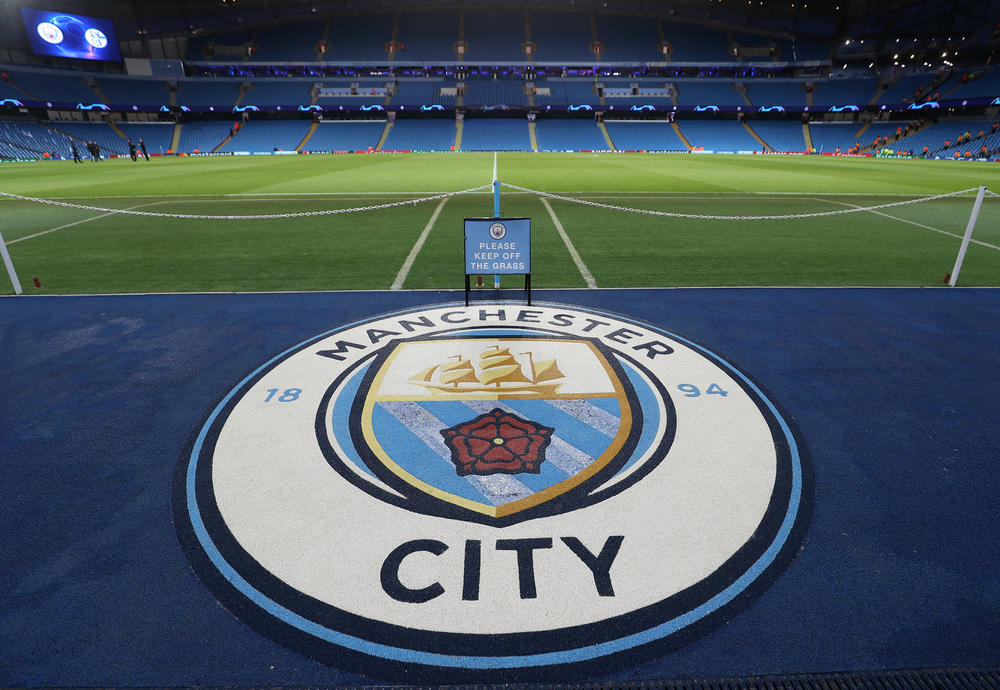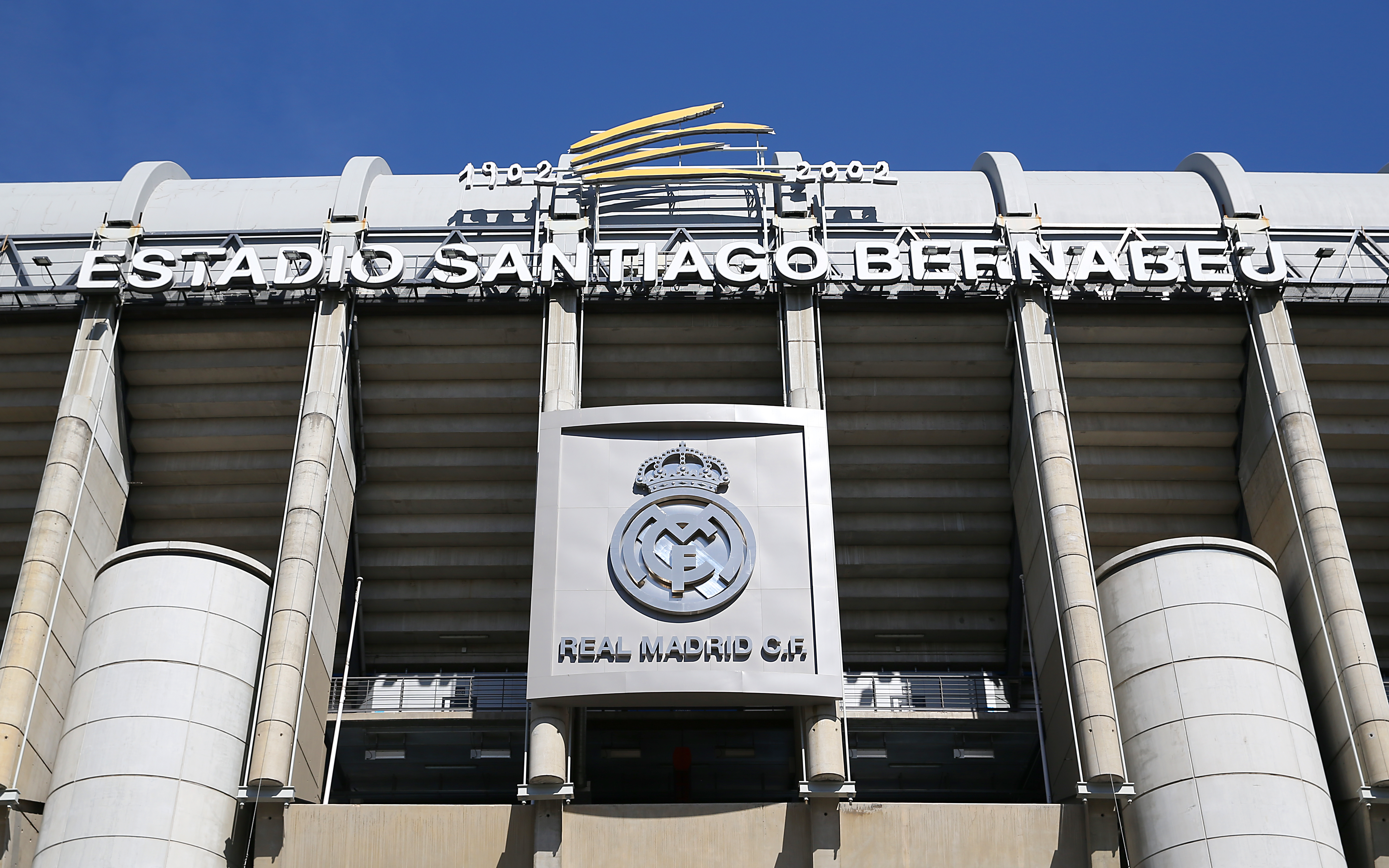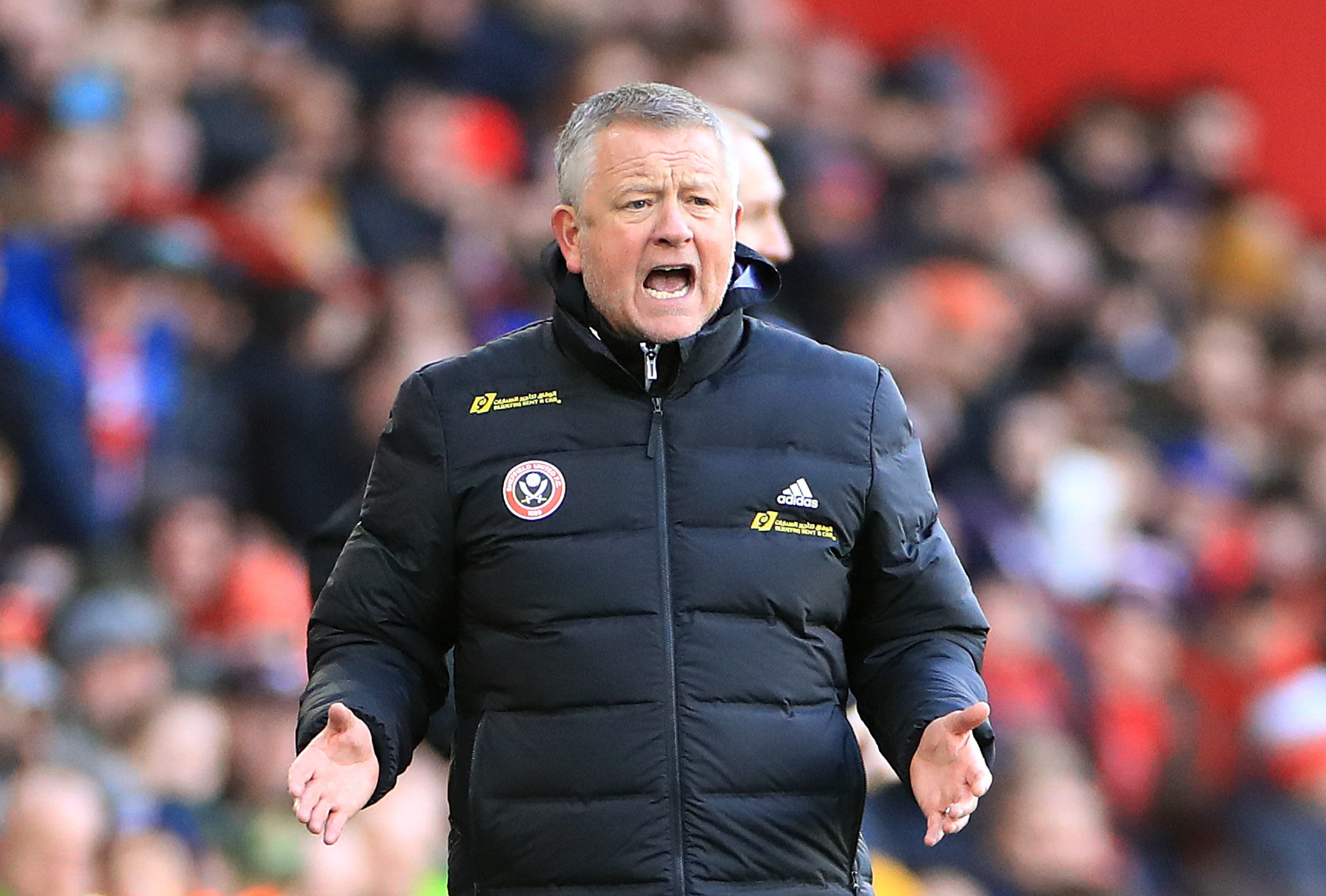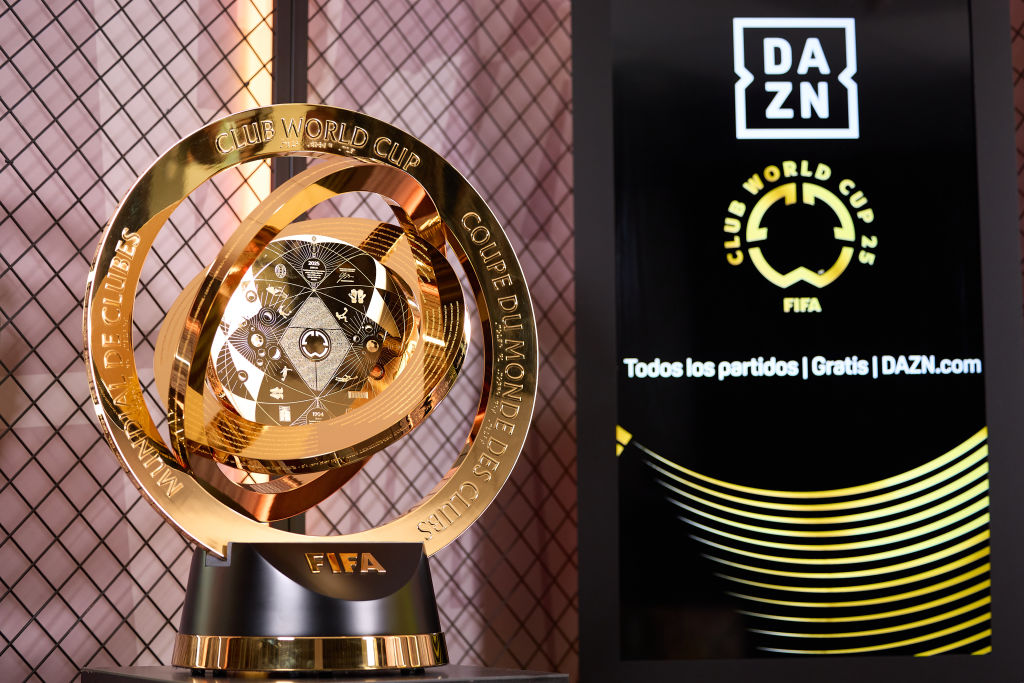The key questions around Manchester City’s European ban

Manchester City have been banned from UEFA club competitions for the next two seasons after being found to have committed “serious breaches” of financial regulations.
The reigning Premier League champions, who also been fined 30million euros (£24.9million), intend to appeal against the sanctions to the Court of Arbitration for Sport (CAS).
Here, the PA news agency answers some of the questions arising from the situation.
UEFA takes note of the decision of the independent Adjudicatory Chamber of the Club Financial Control Body (CFCB), issued today, relating to Manchester City Football Club…— UEFA (@UEFA) February 14, 2020
– Why have City been punished?
Because they have been found to have overstated sponsorship revenue and break-even information in accounts submitted to UEFA between 2012 and 2016. UEFA acted on the decision of the independent Adjudicatory Chamber of the Club Financial Control Body (CFCB) following a hearing held last month.
– How did the hearing come about?
UEFA opened an investigation into City following a series of new allegations about the club in the media, led by German magazine Der Spiegel.
– When will the ban be imposed?
In the absence of a successful appeal, City will be unable to play in Europe in the 2020/21 and 2021/22 seasons.

– Can they continue in the Champions League this term?
Yes. City have been drawn against 13-time European champions Real Madrid in the last-16 of the competition. The first leg of that tie will be played on February 26 at Bernabeu, with the return match scheduled for March 10 in Manchester.
The best features, fun and footballing quizzes, straight to your inbox every week.
– What is Financial Fair Play (FFP) anyway?
FFP was introduced by UEFA as an attempt to prevent clubs falling into serious financial difficulty by overspending. Clubs are expected to operate within their means and meet break-even targets, while dealings have to be transparent.
– What are the rules?
Regulations, which must be adhered to by all clubs participating in UEFA competitions, were drawn up in 2009 and introduced at the start of the 2011/12 season. Clubs must balance their books over the course of three years. Income needs to be generated by the club, including for example matchday takings, TV revenue, advertising, sponsorship, player sales and prize money.
– What are the punishments for breaking the rules?
There are a variety of sanctions available for non-compliance. These range from warnings and reprimands, to disqualification from a competition, exclusion from future competitions and being stripped of a title. Fines, points deductions and restrictions on the registration of players are also possible.
– How could a European ban affect the club?
City have been Champions League regulars for the past decade. An absence of European football would result in a major loss of revenue. Additionally, big-name transfer targets may be deterred and choose rival clubs, while current City players desperate for European glory could question their futures.
– Will this affect the future of manager Pep Guardiola?
Who knows? The PA news agency understands the Spaniard – who has a contract until 2021 – has been kept informed by the club throughout the process and it will be business as usual for the time being. However, there have already been speculation about Guardiola’s long-term future and an absence of Champions League football for one of the world’s top coaches – who last won the competition nine years ago with Barcelona – would be a bitter pill to swallow.

– Who would benefit from City’s European expulsion?
At the moment, Sheffield United. With City on course for a top-four Premier League finish, UEFA regulations dictate their Champions League place being passed to the team which finishes fifth, a spot currently occupied by the Blades. Tottenham, Manchester United, Everton and Wolves are the main contenders just behind Chris Wilder’s side.
– How have City responded?
City were “disappointed but not surprised” by the findings, calling the UEFA process “flawed”. Their first move is to appeal against the sanctions to CAS at the earliest opportunity.
– What happens next?
The club must await the outcome of a the forthcoming appeal process. PA understands the club are currently unsure how long that will take but are prepared to be patient as they fight a perceived injustice.
FourFourTwo was launched in 1994 on the back of a World Cup that England hadn’t even qualified for. It was an act of madness… but it somehow worked out. Our mission is to offer our intelligent, international audience access to the game’s biggest names, insightful analysis... and a bit of a giggle. We unashamedly love this game and we hope that our coverage reflects that.
 Join The Club
Join The Club






